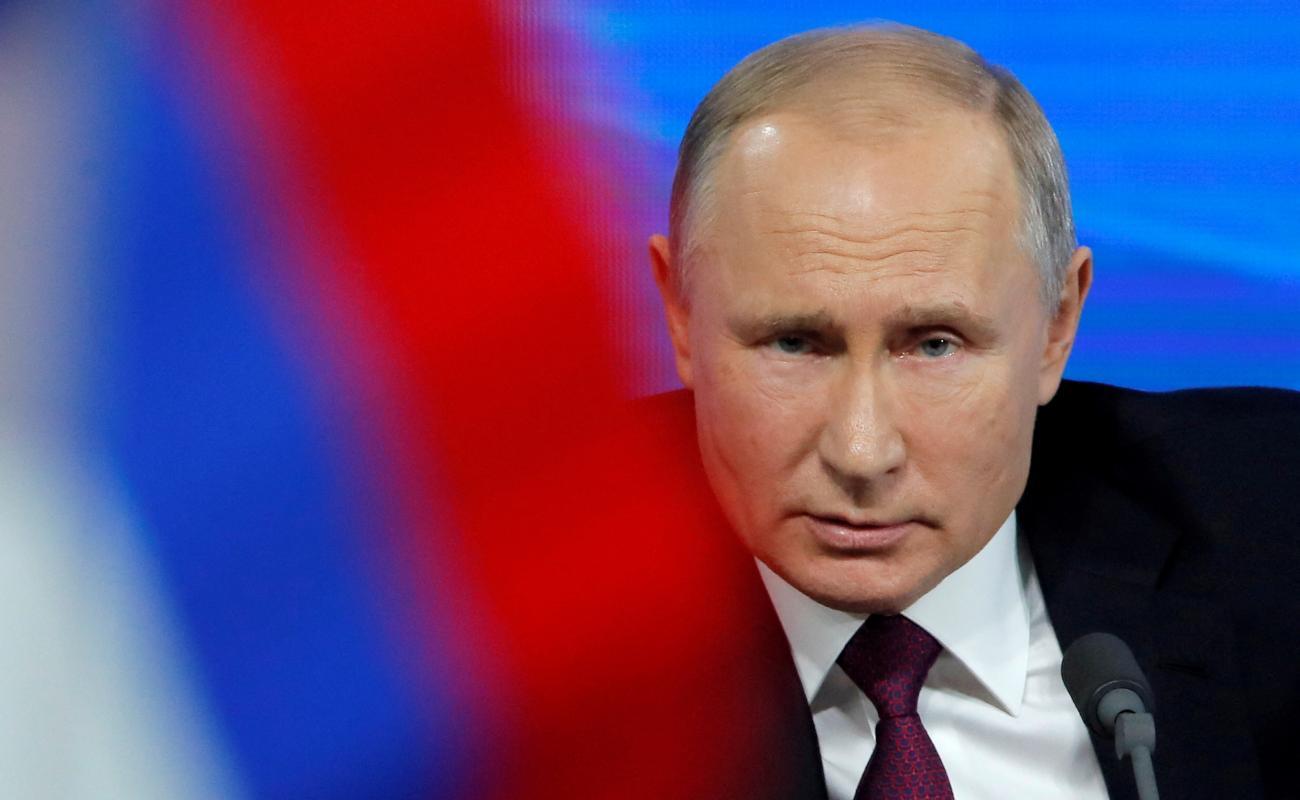Crimea and Putin's aggressive plans
Before the Russian invasion of Ukraine in 2022, Crimea could be considered "holy territory" for the Kremlin regime.

The Washington Post, in a recent major analysis, argues that Ukraine's desire to regain its control over Crimea, as well as Russia's desire to maintain its occupation of the Crimean peninsula, make the task of ending the war between the two countries an almost intractable problem.
"The persistent claims about Crimea illustrate the intractability of the conflict and it is difficult to imagine that the struggle for the peninsula will be resolved without further bloodshed," notes newspaper columnist Francesca Abel.
And other authors of texts in well-known Western publications who think about this issue state that perhaps the Ukrainian renunciation of Crimea or, at least, the willingness to postpone the solution to the occupation of the peninsula for a long period, will make it possible to stop the war, - writes Vitaly Portnikov for Krym.Realii.
But that is the political logic that was destroyed on February 24, 2022, and one can only be surprised that we are returning to it again. In the recent response of the press secretary of the President of Russia, Dmitri Peskov, to the proposal of President Volodymyr Zelenskiy to begin the withdrawal of Russian troops from the occupied Ukrainian territories, it is directly stated that Ukraine must take into account new realities. Namely, the fact that the Ukrainian regions of Donetsk, Luhansk, Zaporozhye and Kherson are now the territory of the Russian Federation. As we can see, the press secretary of the President of Russia does not even mention Crimea. For him, as well as for his boss Vladimir Putin, Crimea has long been a "solved issue". But, it seems, not only Crimea.
Before Russia's attack on Ukraine in 2022, Crimea could be considered "holy territory" for the Kremlin regime and an exception to the rules of Russian crisis management. Indeed, neither before nor after 2014 did Russia ever resort to annexation.
Even the recognition of the independence of Georgia's autonomous regions - Abkhazia and South Ossetia in 2008 - was a completely new approach to relations with former Soviet republics and territories that declared their unrecognized sovereignty. So far, the Kremlin has preferred the informal nature of contacts with the self-proclaimed republics.
In fact, this level of relations with Transnistria is maintained even now.
2014 showed that Vladimir Putin can go for the annexation of other people's territory. However, at that time he, and many others in Russia, Ukraine and the West, explained such an unusually aggressive approach, which undermines the very essence of international law, by the "sanctity" of Crimea and the special attitude of Russians towards the peninsula. However, it must be recognized that this special attitude was created and encouraged by Russian propaganda for decades, even centuries.
However, in the regions of Donetsk, Luhansk, Kherson or Zaporozhye, no "sanctity" is noticed anymore. The Kremlin, of course, simply annexed what it could take - no more. If other Ukrainian regions were to be occupied, "referendums" would also be held there, and these territories would also be annexed.
Now there is no "sanctity" of Crimea - this myth has actually been leveled by the subsequent aggressive steps of Vladimir Putin. And therefore, it should not be considered that Crimea in itself is an obstacle to the end of the war.
The obstacle to ending the war, as we see, is Vladimir Putin's aggressive plans and the very idea of annexing foreign territories. Any foreign territory, not just Crimea.
